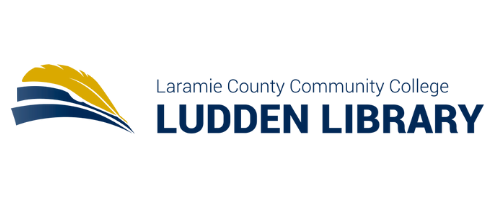Revolutionizing innovation : users, communities, and open innovation
(eBooks)
Contributors
Published
Cambridge, Massachusetts : The MIT Press, [2016].
Physical Description
1 online resource (xv, 577 pages) : illustrations
Status
Summary
Loading Description...
Also in this Series
Checking series information...
Subjects
Library of Congress Subjects
Other Subjects
More Details
Format
eBooks
Language
English
ISBN
9780262331524, 0262331527, 9780262331517, 0262331519, 9780262331531, 0262331535
Notes
Bibliography
Includes bibliographical references and index.
Summary
The last two decades have witnessed an extraordinary growth of new models of managing and organizing the innovation process that emphasizes users over producers. Large parts of the knowledge economy now routinely rely on users, communities, and open innovation approaches to solve important technological and organizational problems. This view of innovation, pioneered by the economist Eric von Hippel, counters the dominant paradigm, which cast the profit-seeking incentives of firms as the main driver of technical change. In a series of influential writings, von Hippel and colleagues found empirical evidence that flatly contradicted the producer-centered model of innovation. Since then, the study of user-driven innovation has continued and expanded, with further empirical exploration of a distributed model of innovation that includes communities and platforms in a variety of contexts and with the development of theory to explain the economic underpinnings of this still emerging paradigm. This volume provides a comprehensive and multidisciplinary view of the field of user and open innovation, reflecting advances in the field over the last several decades. The contributors -- including many colleagues of Eric von Hippel -- offer both theoretical and empirical perspectives from such diverse fields as economics, the history of science and technology, law, management, and policy. The empirical contexts for their studies range from household goods to financial services. After discussing the fundamentals of user innovation, the contributors cover communities and innovation; legal aspects of user and community innovation; new roles for user innovators; user interactions with firms; and user innovation in practice, describing experiments, toolkits, and crowdsourcing, and crowdfunding. Contributors Efe Aksuyek, Yochai Benkler, James Bessen, Jorn H. Block, Annika Bock, Helena Canhão, Jeroen P.J. de Jong, Emmanuelle Fauchart, Dominique Foray, Nikolaus Franke, Johann Füller, Helena Garriga, Fred Gault, Fredrik Hacklin, Dietmar Harhoff, Joachim Henkel, Cornelius Herstatt, Christoph Hienerth, Venkat Kuppuswamy, Karim R. Lakhani, Christopher Lettl, Christian Lüthje, Ethan Mollick, Hidehiko Nishikawa, Alessandro Nuvolari, Susumu Ogawa, Pedro Oliveira, Stefan Perkmann Berger, Frank Piller, Christina Raasch, Susanne Roiser, Fabrizio Salvador, Pamela Samuelson, Tim Schweisfurth, Sonali K. Shah, Christoph Stockstrom, Katherine J. Strandburg, Stefan Thomke, Andrew W. Torrance, Mary Tripsas, Georg von Krogh.
Local note
Added to collection customer.56279.3
Reviews from GoodReads
Loading GoodReads Reviews.
Citations
APA Citation, 7th Edition (style guide)
Harhoff, D., & Lakhani, K. R. (2016). Revolutionizing innovation: users, communities, and open innovation . The MIT Press.
Chicago / Turabian - Author Date Citation, 17th Edition (style guide)Harhoff, Dietmar and Karim R., Lakhani. 2016. Revolutionizing Innovation: Users, Communities, and Open Innovation. The MIT Press.
Chicago / Turabian - Humanities (Notes and Bibliography) Citation, 17th Edition (style guide)Harhoff, Dietmar and Karim R., Lakhani. Revolutionizing Innovation: Users, Communities, and Open Innovation The MIT Press, 2016.
MLA Citation, 9th Edition (style guide)Harhoff, Dietmar,, and Karim R. Lakhani. Revolutionizing Innovation: Users, Communities, and Open Innovation The MIT Press, 2016.
Note! Citations contain only title, author, edition, publisher, and year published. Citations should be used as a guideline and should be double checked for accuracy. Citation formats are based on standards as of August 2021.
